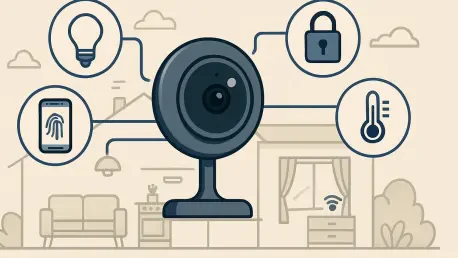
Imagine a world where buildings power themselves, not through sprawling electrical grids or endless battery replacements, but by tapping into the very environment around them—light streaming through windows, heat radiating from walls, or even the subtle vibrations of daily activity. This isn’t a

Cities do not rise on blueprints alone; they hinge on decisions made across hundreds of meetings, models, and jobsite moments, where late information or mismatched assumptions can ripple into delays, change orders, and spiraling costs. As architecture leans into a connected, model-centric practice,

Relentless grid volatility, rising carbon targets, and stubborn HVAC loads have made building operations a moving target that traditional rule-based controls simply cannot track fast enough to keep comfort steady and costs in check. That gap is why artificial intelligence has moved from novelty to

In an era where urban centers are grappling with unprecedented growth, resource constraints, and environmental challenges, Building Automation Systems (BAS) stand as a transformative force poised to redefine the very fabric of city life. These sophisticated systems integrate and automate critical

Imagine a scenario where managing a smart home becomes a daily chore rather than a convenience, with a phone cluttered by multiple apps for lights, switches, and plugs, each requiring separate navigation just to perform simple tasks. The frustration of toggling between different interfaces for

Imagine a world where every smart device in a home, from security cameras to energy monitors, communicates seamlessly across different platforms without compatibility issues, creating a truly unified smart home ecosystem. This vision has been the driving force behind Matter, a standard developed by